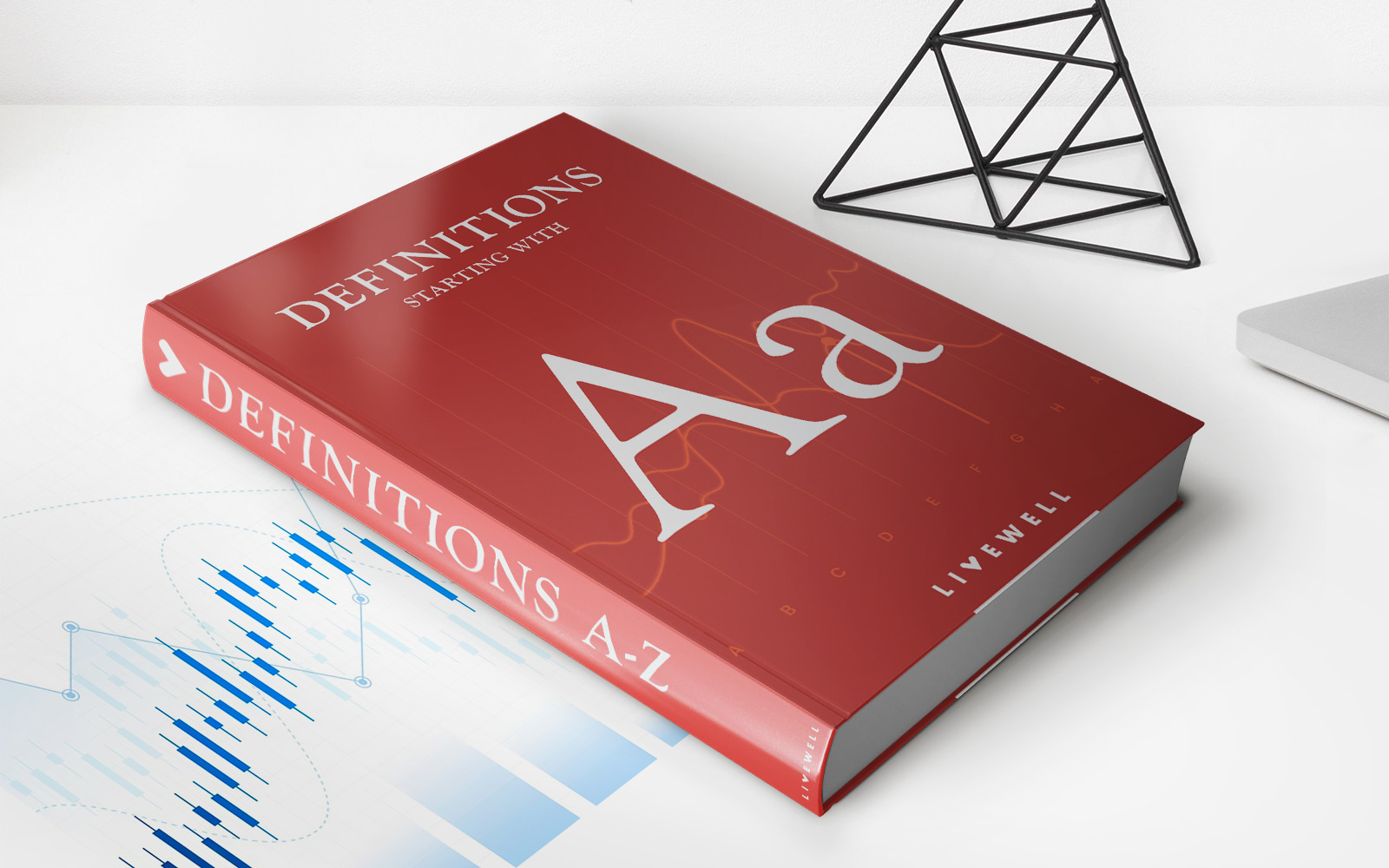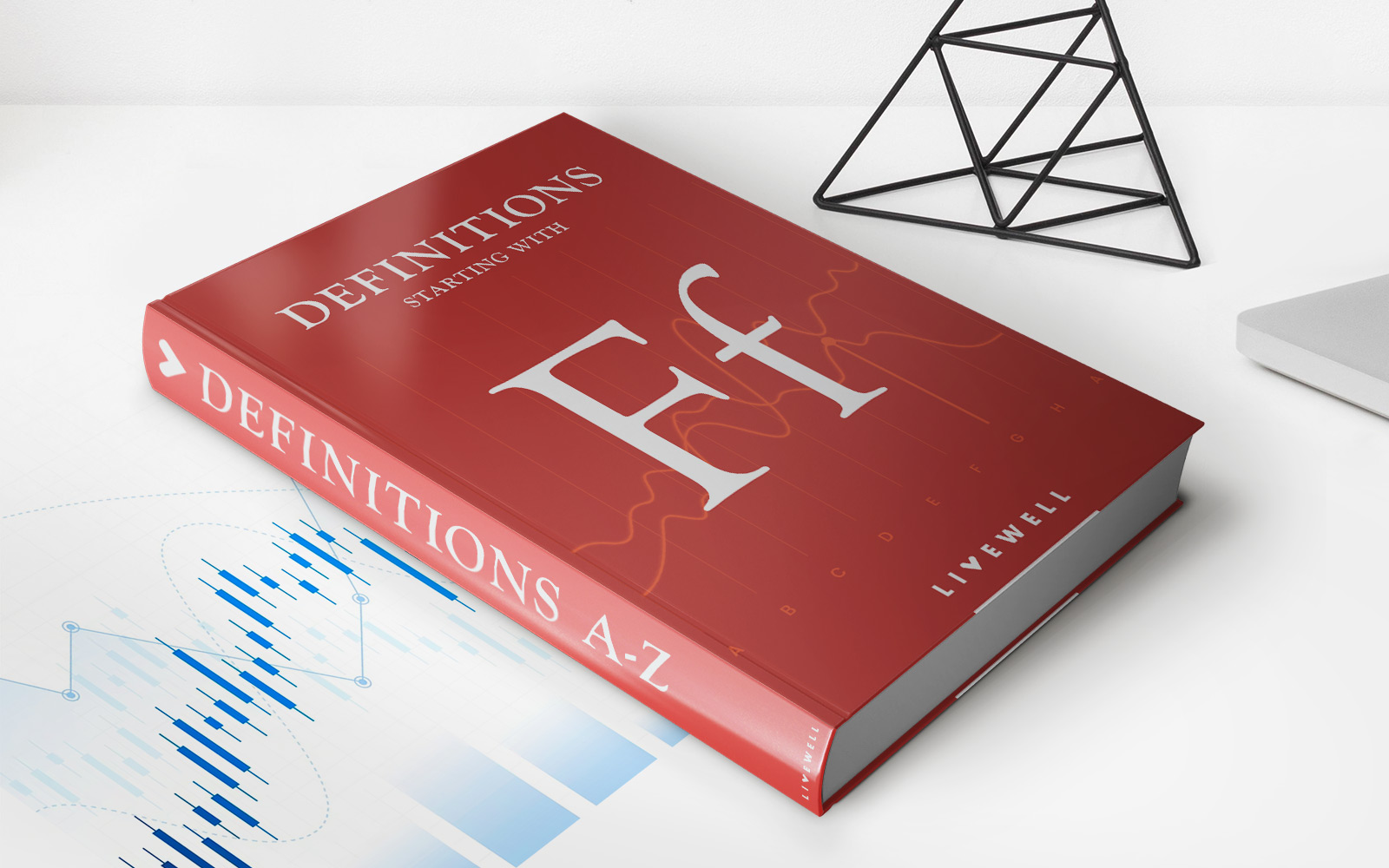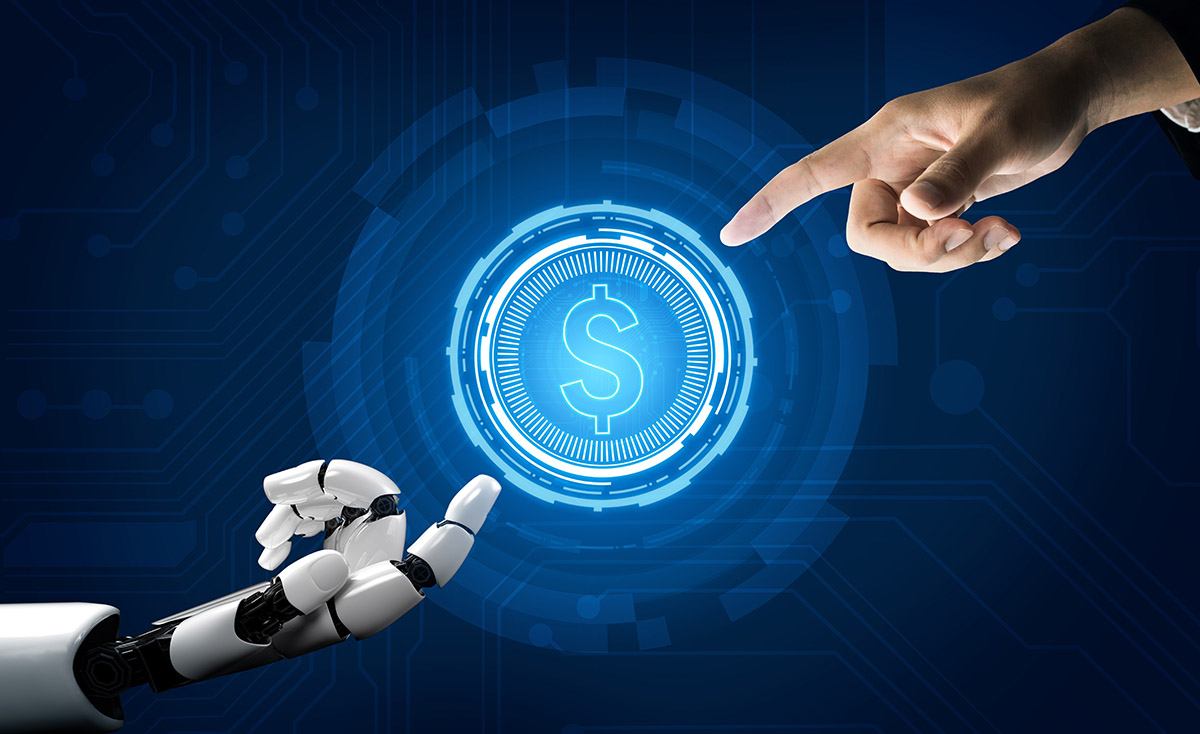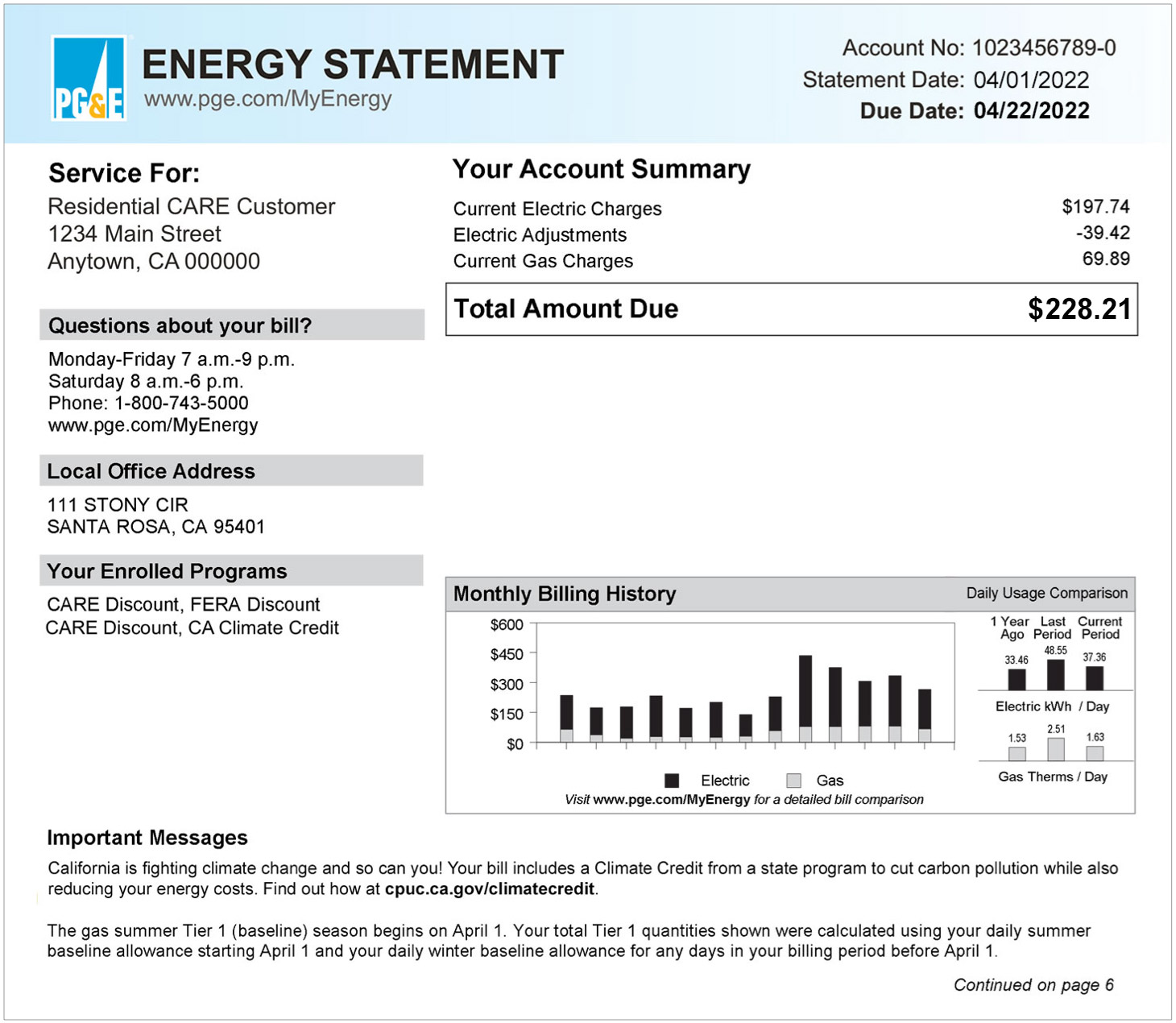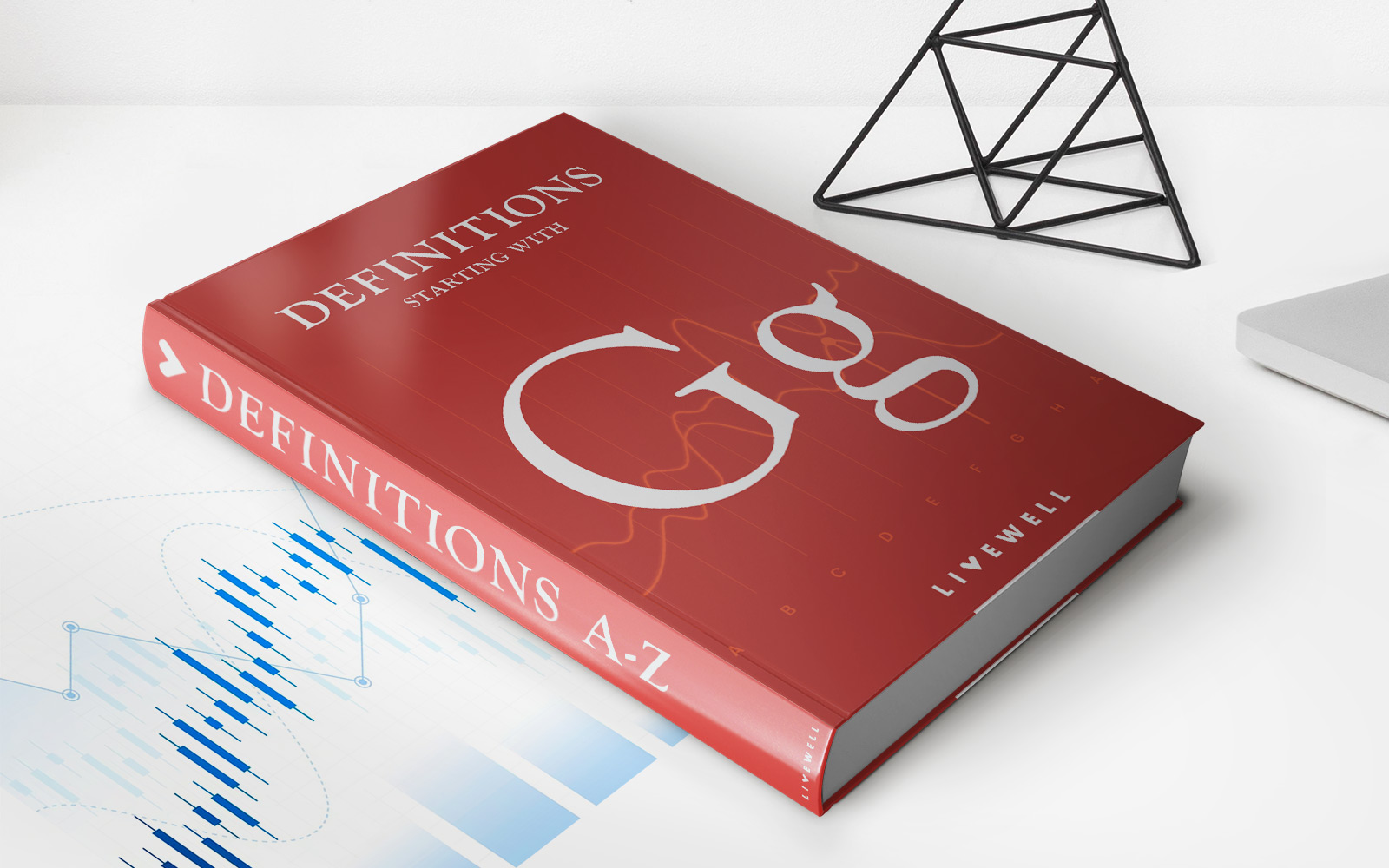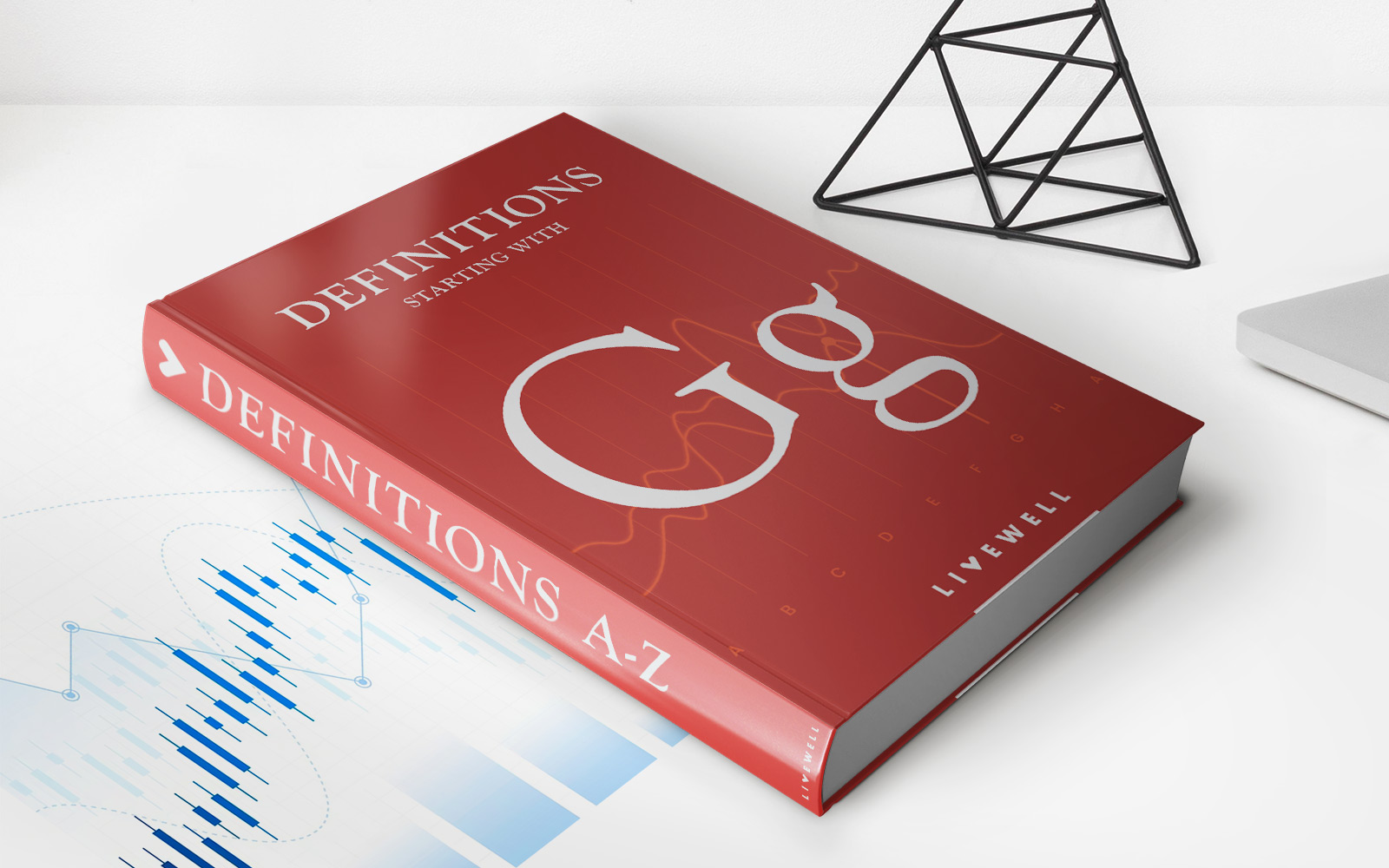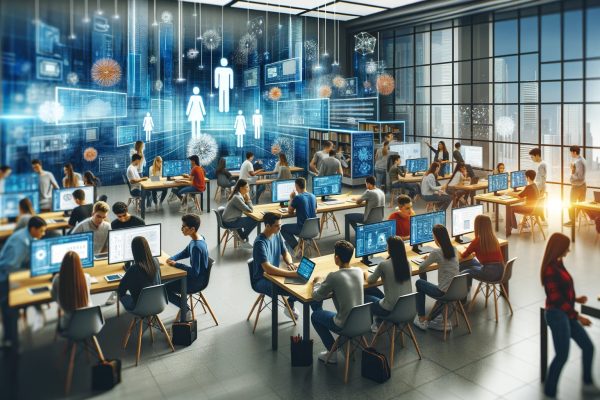Home>Education>The Crucial Role of Human Intervention in AI Generators
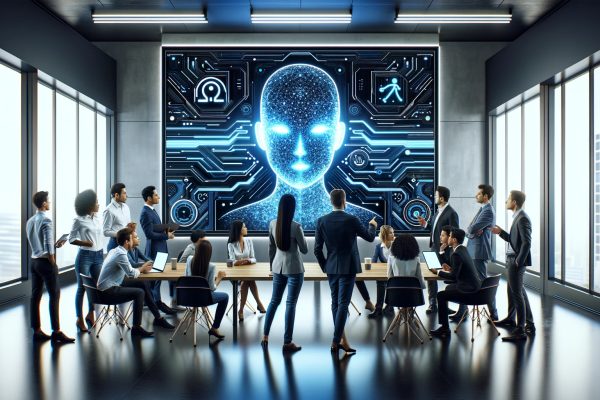
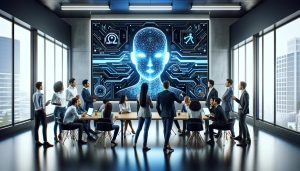
Education
The Crucial Role of Human Intervention in AI Generators
Published: March 1, 2024
Explore how human creativity and oversight are vital in shaping and guiding the evolution of AI technology.
(Many of the links in this article redirect to a specific reviewed product. Your purchase of these products through affiliate links helps to generate commission for LiveWell, at no extra cost. Learn more)
Table of Contents
- The Benefits of AI Generators in Education
- The Limitations of AI Generators in Education
- The Importance of Human Intervention in Using AI Generators in Education
- Examples of Successful Integration of Human Intervention in the Educational Use of AI Generators
- Best Practices for Incorporating Human Oversight in AI-Generated Content
- Conclusion
In the rapidly evolving landscape of education, artificial intelligence (AI) generators have emerged as powerful tools for creating content, delivering personalized learning experiences, and improving student engagement. However, the successful integration of AI in education hinges on the crucial role of human intervention. In this article, we delve into the significance of human oversight in harnessing the potential of AI generators in educational settings.
The Benefits of AI Generators in Education
AI generators offer a wide array of benefits for educators and students alike, revolutionizing traditional teaching methodologies and enhancing the learning experience. Let’s explore some key advantages:
Efficiency in Content Creation
AI generators can rapidly produce a vast amount of educational materials, ranging from quizzes and worksheets to study guides and lesson plans. This efficiency saves educators valuable time, allowing them to focus on more personalized interactions with students.
Personalized Learning Experiences
By analyzing students’ performance data, AI generators can tailor learning materials to individual learning styles and pace. This customization fosters a more engaging and effective learning experience, catering to the diverse needs of students.
Improved Student Engagement
AI generators have the potential to make learning more interactive and dynamic through the creation of interactive simulations, virtual reality experiences, and gamified activities. This enhanced engagement can lead to deeper understanding and retention of concepts.
The Limitations of AI Generators in Education
While AI generators offer tremendous benefits, they also come with inherent limitations that underscore the importance of human intervention. Let’s delve into some of these challenges:
Lack of Creativity and Critical Thinking: AI generators operate based on predefined algorithms and patterns, lacking the ability to think creatively or critically. This limitation can stifle the development of higher-order thinking skills in students.
Inability to Understand Context and Nuance
AI generators often struggle to grasp the nuanced aspects of educational content, such as cultural references, subtle language nuances, and context-specific information. Without human oversight, this can lead to inaccuracies and misinterpretations.
Potential for Bias and Misinformation
AI generators may inadvertently perpetuate bias through the data on which they are trained, leading to skewed perspectives and unreliable information. Without human intervention, this bias can seep into educational content, shaping students’ understanding in problematic ways.
The Importance of Human Intervention in Using AI Generators in Education
Human intervention serves as a critical safeguard in ensuring the ethical and effective use of AI generators in educational settings. Let’s explore the pivotal role that human oversight plays:
Ensuring Accuracy and Relevance of Content
Educators play a vital role in verifying the accuracy and relevance of AI-generated content, correcting errors, and providing context that AI may overlook. This human touch ensures that students receive reliable and credible information.
Teaching Critical Evaluation Skills
By engaging with AI-generated content, educators can empower students to critically evaluate information, discerning between accurate and misleading sources. This skill is crucial in an era of rapidly proliferating information.
Fostering Creativity and Critical Thinking
Human intervention stimulates creativity and critical thinking in students, prompting them to question, analyze, and synthesize information. By complementing AI-generated materials with hands-on projects and discussions, educators nurture well-rounded learners.
Addressing Bias and Ethical Concerns
Educators are instrumental in identifying and mitigating bias in AI-generated content, promoting diversity and inclusivity in educational materials. By cultivating a culture of ethical awareness, educators ensure that AI generators are used responsibly and equitably.
Examples of Successful Integration of Human Intervention in the Educational Use of AI Generators
Examples of successful integration of human intervention in the educational use of AI generators are abundant in today’s educational landscape. One notable case study involves a language learning platform that seamlessly integrates AI-powered speech recognition technology to offer instant feedback on students’ pronunciation and grammar. While the AI technology provides valuable insights, human language teachers step in to review and provide feedback on more complex language structures, ensuring accuracy and cultural context in the learning process.
Another compelling example is the adoption of adaptive learning software in classrooms. This software uses sophisticated AI algorithms to personalize learning paths for students based on their performance data. Educators closely monitor student progress and intervene when the AI recommendations may not align with the individual needs of students, offering additional guidance and support to optimize the learning experience.
Furthermore, academic institutions have embraced AI-powered content creation tools, such as AcademicHelp’s literature review generator, to assist educators in crafting quizzes, assignments, and study materials efficiently. While these tools streamline content creation, educators play a crucial role in reviewing and enhancing the generated materials to align with curriculum objectives and ensure comprehensive understanding among students.
These case studies highlight the successful collaboration between human educators and AI generators in educational settings, emphasizing the importance of human oversight in maximizing the potential of AI technology. By leveraging the expertise of educators alongside the capabilities of AI
Best Practices for Incorporating Human Oversight in AI-Generated Content
To optimize the benefits of AI generators in education, educators should adopt best practices for integrating human oversight. Let’s explore some key approaches:
Establish Clear Guidelines
Educators should establish clear guidelines for using AI-generated content and set expectations for the level of human intervention required. This transparency ensures consistency and quality in educational materials.
Provide Ongoing Training
Educators should receive training on how to effectively collaborate with AI tools, including how to evaluate, adjust, and enhance AI-generated content. Continuous professional development ensures that educators are equipped to leverage AI generators effectively.
Encourage Student Engagement
Educators can involve students in the evaluation and critique of AI-generated content, promoting critical thinking and active engagement with educational materials. This collaborative approach empowers students to be discerning consumers of information.
Conclusion
In conclusion, the integration of AI generators in education holds immense promise for transforming teaching and learning experiences. However, the successful harnessing of AI in education necessitates human intervention to ensure accuracy, relevance, creativity, and ethical standards. By embracing a collaborative approach that combines the strengths of AI technology with the expertise of human educators, we can truly unlock the full potential of AI generators in enriching the educational journey for students worldwide.
